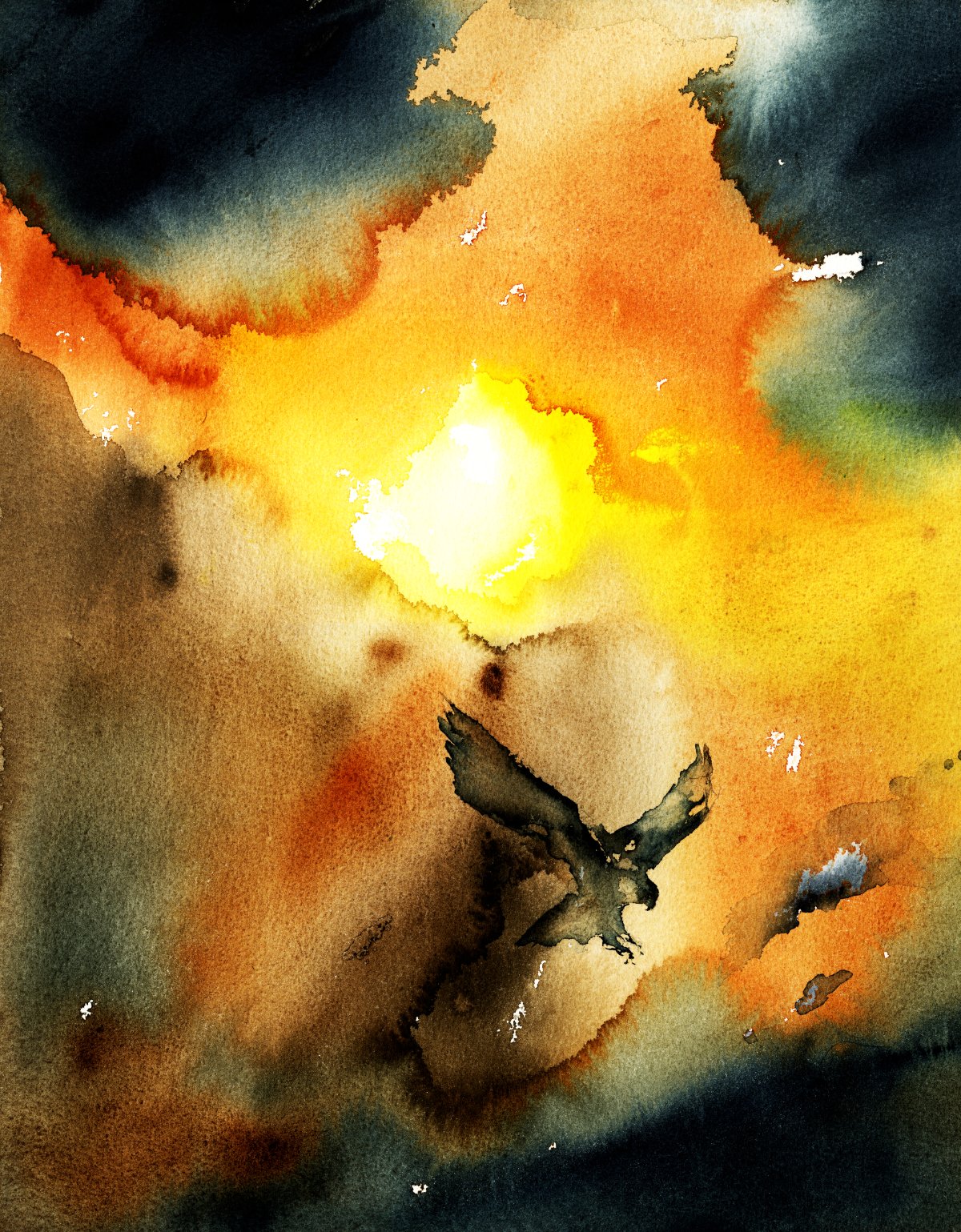
What Makes The Creative Person Tick?
The true artists are, in essence, the most religious of mortals.
- Auguste Rodin
I used to travel around North America asking artists about their lives.
I asked them what most occupies their imagination, what fascinates and perplexes them most about life. I asked them about inspiration and discipline, about rejection and persistence. I wanted to know about their spirit spark -- their dream world, their spirituality or meditation practice. I wanted to know where their work comes from -- what they do to relax, to find a core of peace -- a basis from which to create. I wanted to know what they strive to accomplish with their art.
Creative people are above all else people of ideas because all art is the expression of an idea. Creativity is a tasting of the water of our own essence. What has amazed me most about interviewing dozens of artists is the diversity of their interests, the breadth of their reading and life experience in areas seemingly unrelated to the medium they’ve chosen. Creative people live a rich, vast life under their work. I’ve found the process of exploring that inner life worthwhile and interesting.
Hungry for New Ideas, New Perspectives
I once asked advertising legend Carl Ally what makes the creative person tick. Ally responded, “The creative person wants to be a know-it-all. He wants to know about all kinds of things: ancient history, nineteenth century mathematics, current
manufacturing techniques, flower arranging, and hog futures. Because you never know when these ideas might come together to form a new idea. It may happen six minutes later or six years down the road. But creative people have faith that it will happen.”
— Roger von Oech, A Whack on the Side of the Head (edited)
I don’t know that many highly successful artists, writers, musicians, etc. but of those I’ve gotten to know, one of their most surprising characteristics is how extensive their reading is in unrelated fields. And how much they think about subjects that have nothing to do, at least on the surface, with their art.
“His Belgian friends remembered him as a young man with an obsessive interest in books,” (Sander) Pierron writes about Rodin.
“On his way home in the evening, if light permitted, he would stroll down the middle of the sidewalk, his nose in a book, bumping into people and quietly unaware of anything going on in the outer world. He would arrive home without ever having heard the angry reproaches of the people whom he had almost knocked over.”
- Rodin, A Biography, Frederic Grunfeld


